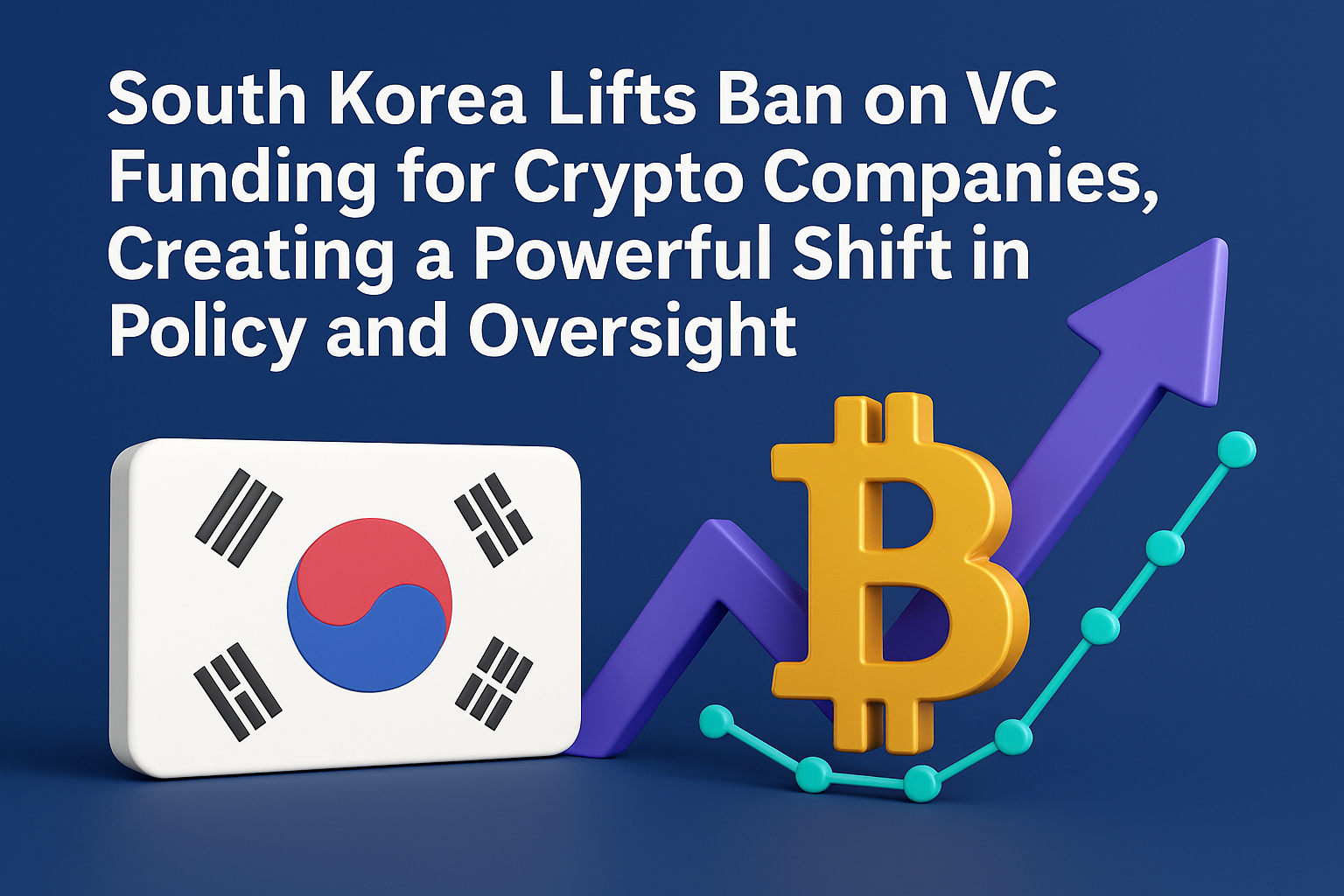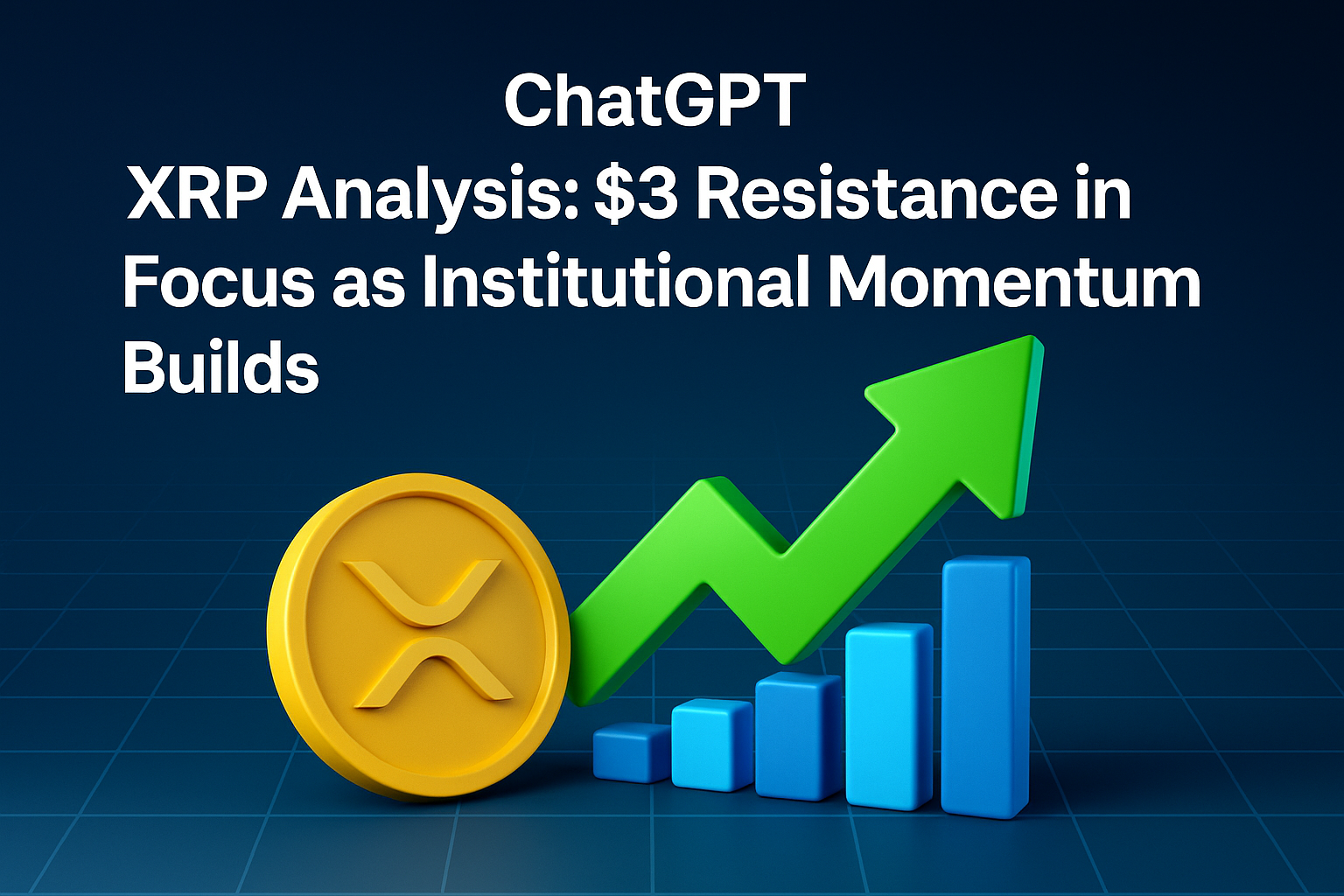South Korea has introduced a landmark policy shift, reopening the door for venture capital (VC) investment in crypto and blockchain companies after nearly seven years of restrictions. Starting September 16, businesses involved in crypto trading, brokerage, blockchain development, and cryptography will be able to apply for VC funding.
This decision arrives alongside enhanced protections for domestic exchange users, signaling the government’s recognition of crypto firms as legitimate participants in the broader tech startup ecosystem. The change is expected to invigorate South Korea’s innovation landscape while influencing global digital asset markets.
Background: Why the 2018 Ban Was Introduced
In October 2018, the administration of President Moon Jae-in imposed restrictions on crypto firms, aiming to cool what regulators considered an overheated and speculative market.
Crypto trading and brokerage companies were officially categorized as “restricted venture businesses,” effectively blocking them from receiving VC investment. This designation placed them in the same group as high-risk sectors such as gambling, bars, and nightclubs, which policymakers considered unsuitable for state-backed venture funding.
What’s Changing Under the New Amendment
The Ministry of SMEs and Startups, backed by the State Council, has now approved amendments to the Enforcement Decree of the Special Act on the Promotion of Venture Businesses. This removes crypto and blockchain firms from the restricted list.
From September 16, eligible companies can apply for venture certification, giving them access to VC capital, tax incentives, subsidies, and government-backed grants. Authorities stress that investor and user protection will remain a priority, while the policy adjustment reflects South Korea’s acknowledgment of crypto’s maturity and global relevance.
Industry Response and Broader Implications
The move has been warmly received by industry leaders, with many calling it a “regulatory turning point.” Crypto firms previously hindered by the ban can now secure fresh capital to grow, scale, and compete on equal footing with other high-potential tech ventures.
This shift is expected to accelerate advancements in blockchain technology, cryptography, and crypto trading infrastructure. Greater access to funding could also lead to stronger industry standards, improved compliance frameworks, and better user protections.
Challenges and Considerations
While the reform offers new opportunities, execution will determine its success. Venture capital firms are expected to carefully assess regulatory clarity, compliance obligations, and taxation before making investments.
For crypto startups, transparency, solid governance, and effective risk management will be crucial to earning investor confidence. Additionally, the opportunity comes alongside heightened oversight in other areas—such as tax enforcement—meaning firms will need to carefully balance compliance with growth ambitions.
Conclusion
South Korea’s decision to lift its VC funding ban on crypto companies marks a major regulatory milestone in the evolution of digital assets. By reinstating access to venture capital, the government demonstrates its commitment to fostering innovation while ensuring responsible oversight.
For crypto startups, the policy could unlock new funding, enhance infrastructure, and strengthen legitimacy within financial markets. Ultimately, how businesses leverage this opportunity—particularly in areas such as blockchain development and crypto brokerage—will define not only the future of South Korea’s crypto ecosystem but also its role in shaping the global digital asset landscape.



